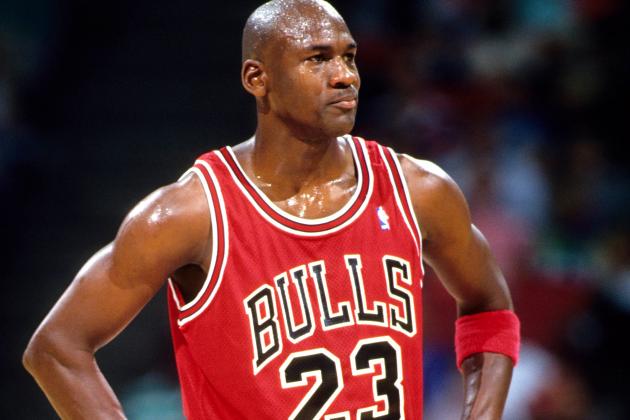By Katie Chasey
Our perception is our filter on the world. Perceptions can underlie our motivations, our choices, and the degree of confidence that we have in seeing goals out to the end. They also impact the attitude we have while we pursue our goals. Perceptions are our core beliefs as we see the world and therefore affect how we react to the world and where we see ourselves in it.
The mind is weaker than the body; so just imagine what the body could do with the right mindset. Fears and self-doubt can stop an athlete in his or her tracks long before the body quits. Mental fitness is absolutely key to performance, and without it there can be no true optimal performance of any task or skill.
The Pessimistic Athlete
When something bad happens, pessimists and optimists respond differently, and they do so particularly in the way that they explain bad events (personal defeats, injury, setbacks, or loss) and the impact these events have on their lives.
Pessimists tend to use an attributional style of explaining events by attributing everything that happens to themselves. Pessimists believe that the event will forever impact their entire life. You might hear a pessimistic athlete say, “It’s me. I am terrible at this and now I am injured. I will never recover and my entire career is over.” Failing at a task or an event can lead someone who catastrophizes events to think they were just always bad at something and now the event proves it or that they are indeed failures and always will be.
Risk of this mindset: Depression, physical symptoms of stress and depression, hormonal and immune system changes.
The Optimistic Athlete
How the optimistic athlete views the same bad events is a different story. The optimists don’t blame themselves or, even if they do, they only see the setbacks as temporary events that will soon pass or be resolved. Optimists cope with bad events and they move on. In the optimistic perspective, it is the specific consequences and not the impact on your entire life that are important. You might hear the optimistic athlete say, “I really blew that event, but I will figure it out for next time. A few adjustments on technique and I can nail it.”
Benefits of this mindset: Protection from depression, disease, illness, poor eating and/or health habits.
The Renewal of the Mind
So then, is it the world or is it how we see the world that moves us to experience it in one of these two ways? It boils down to how we think about the things that are happening to us. We are responsible for the decisions we make, the training we do, and the lifestyles we choose to live. This is true. It is also true that we don’t always make the best choices. When that happens, we are faced with what I call recovery mode. How do we recover? One thing I learned when I first began Olympic weightlifting was that you have to bail to get better. There will be lifts (and many of them) that won’t work out the way you planned. It is inevitable. There are days when that bar just won’t fly. Yet, we lift it again and we figure out ways to make it better the next time around.
Hint: A strong belief in your ability to make something happen and to succeed highly influences the amount of effort you put into it.
S2 Tip
A strong belief in your ability to make something happen and to succeed highly influences the amount of effort you put into it.
Making A Difference
Kohen Flett, is 8-year-old who signed a one-day contract with the Edmonton Oilers – thanks to an assist from both Make-A-Wish Northern Alberta and the Oilers. Flett was diagnosed with a brain tumor at 15 months of age and is fending off low-grade Glioma that battles the nervous system. With an ample amount of energy, Flett made his presence felt by helping superstar Connor McDavid with his equipment and joining coach Todd McLellan for a spirited pre-practice speech. Nice job Oilers!
In Another’s Word’s
“Pessimism leads to weakness, optimism to power.”
– William James (Philosopher)

